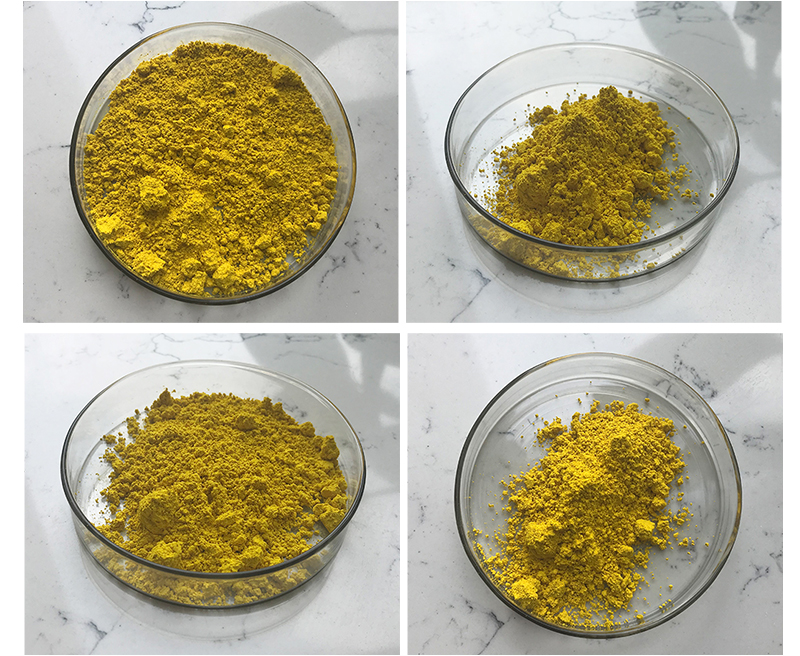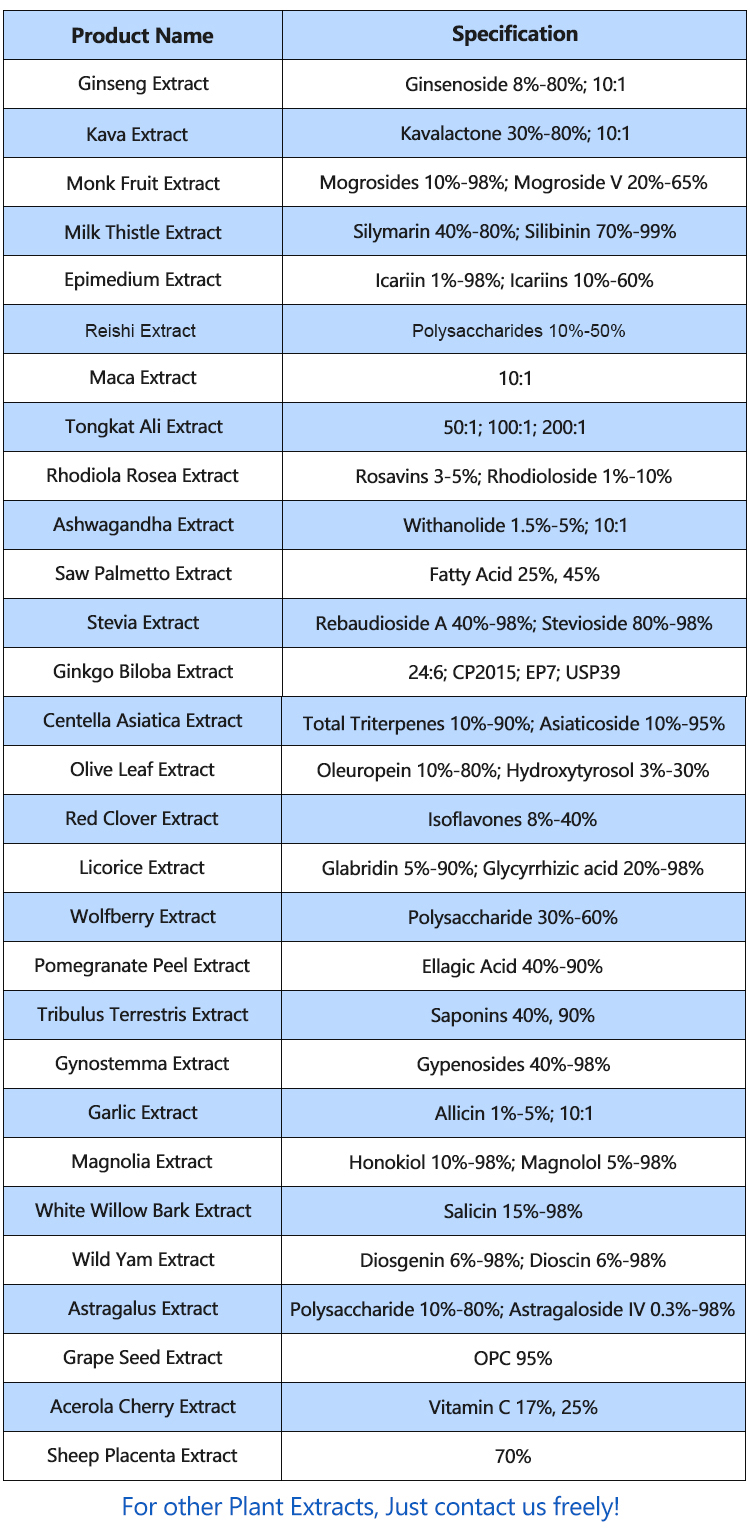Berberine HCl is a compound derived from several plants, including barberry, goldenseal, and Oregon grape. It has gained attention in clinical settings for various potential health benefits:
- Metabolic Disorders: Berberine is commonly used for managing type 2 diabetes. It may help lower blood glucose levels and improve insulin sensitivity.
- Dyslipidemia: It can assist in reducing cholesterol and triglyceride levels, making it useful in managing lipid profiles and cardiovascular health.
- Weight Management: Some studies suggest that berberine may aid in weight loss and the reduction of body fat.
- Antimicrobial Properties: Berberine exhibits antimicrobial activity against a range of bacteria, fungi, and parasites, which can be beneficial in treating infections.
- Anti-inflammatory Effects: It has anti-inflammatory properties that may be helpful in various inflammatory conditions.

- Gut Health: Berberine hcl is thought to have a positive effect on gut microbiota and may be beneficial in conditions like irritable bowel syndrome (IBS).
- Cancer Research: Preliminary studies suggest it may have anti-cancer effects, although more research is needed in this area.
When considering berberine, it’s important for individuals to consult healthcare professionals, as it can interact with certain medications and may not be suitable for everyone.
Product information of Berberine HCL
Berberine HCL is a natural compound found in several plants, including goldenseal, barberry, and Chinese goldthread. It’s known for its potential health benefits, particularly in metabolic and cardiovascular health. Here are some key points about Berberine HCL:
Benefits of Berberine HCL:
- Blood Sugar Regulation: Berberine may help lower blood glucose levels and improve insulin sensitivity, making it popular for those managing diabetes.
- Cholesterol Levels: It can help lower LDL cholesterol and triglyceride levels while increasing HDL cholesterol.
- Weight Management: Some studies suggest it may aid in weight loss and fat reduction, particularly in the abdominal area.
- Antimicrobial Properties: Berberine has been shown to have antibacterial, antiviral, and antifungal effects.
- Gut Health: It may support gut health by balancing the microbiome and reducing inflammation.
Dosage of Berberine HCL:
- Typical doses range from 500 mg to 1500 mg per day, often divided into two or three doses. It’s best taken with meals to enhance absorption.

Side Effects of Berberine HCL:
- Some may experience gastrointestinal issues such as diarrhea, constipation, or stomach cramps.
- It’s important to consult a healthcare professional before starting Berberine, especially if you are pregnant, nursing, or taking medications.
Interactions:
- Berberine can interact with medications, especially those metabolized by the liver, and may enhance the effects of certain drugs.
Forms:
- Berberine HCL is commonly available in capsules or powder form.
Always consult a healthcare provider for personalized advice and recommendations based on individual health needs.
